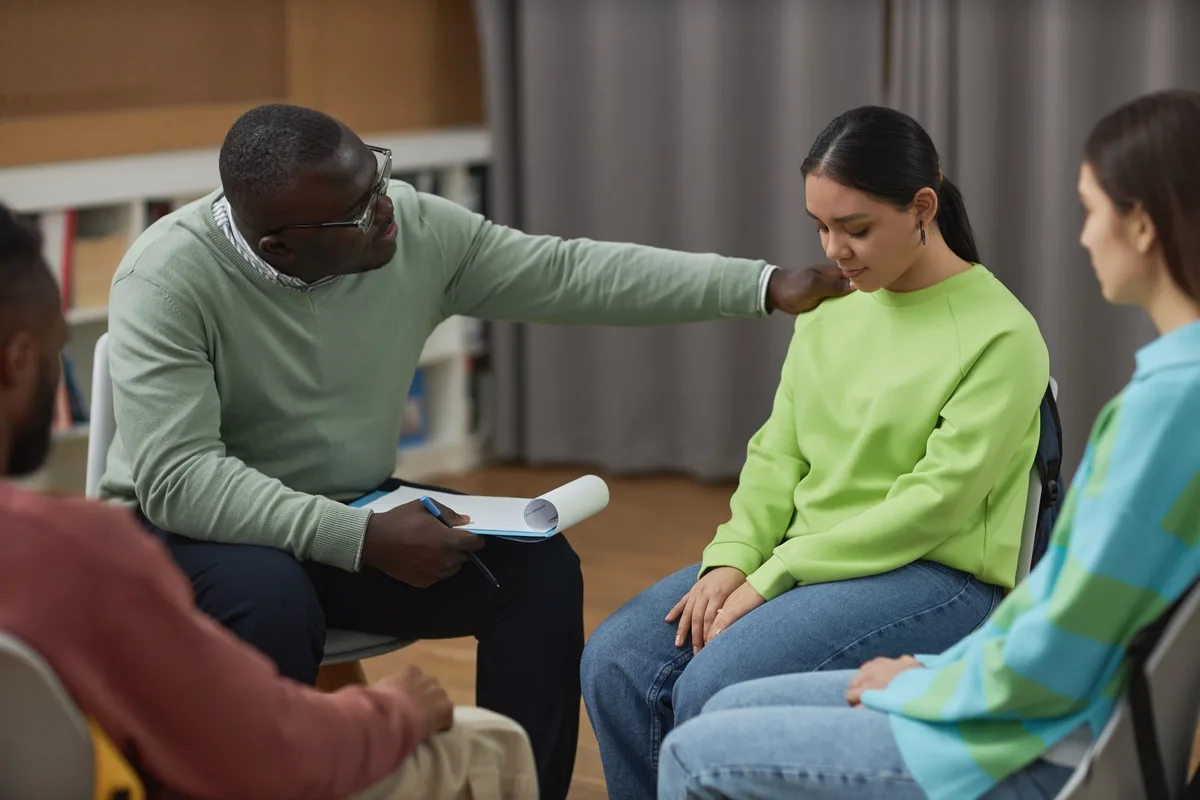24/7 Helpline:
(866) 899-111424/7 Helpline:
(866) 899-1114
Learn more about Cocaine Rehab centers in Burnett County

Other Insurance Options

Health Choice

Anthem

Regence

Group Health Incorporated

Optum

Premera

UMR

GEHA

American Behavioral

MVP Healthcare

Sutter

Magellan Health

Oxford

Access to Recovery (ATR) Voucher

Amerigroup

Meritain

Private insurance

Ceridian

UnitedHealth Group

Lucent




















Families First Counseling
Families First Counseling is a private rehab located in Siren, Wisconsin. Families First Counseling ...

Aurora Community Counseling – Siren
Aurora Community Counseling – Siren is a private rehab located in Siren, Wisconsin. Aurora Community...

Northwest Counseling – Siren
Northwest Counseling – Siren is a private rehab located in Siren, Wisconsin. Northwest Counseling – ...















